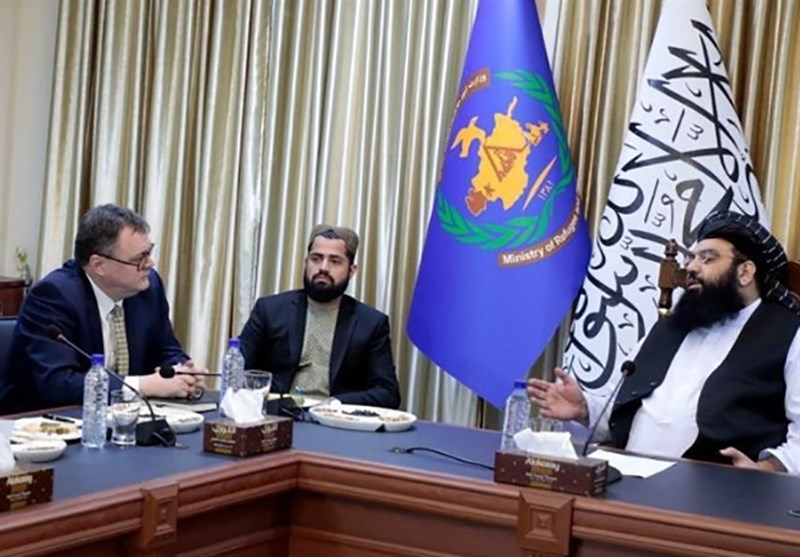
- ۰۹ جدی ۱۴۰۲
The UN Security Council, on Friday, approved a resolution authorizing the appointment of a special envoy for Afghanistan by the UN Secretary-General.
The resolution reaffirms support for the United Nations Assistance Mission in Afghanistan (UNAMA) and acknowledges the independent assessment on Afghanistan. It urges the implementation of the assessment’s recommendations for structured international engagement and inclusive Afghan peace and requests the Secretary-General to appoint a Special Envoy for Afghanistan to facilitate this process.
The Council also welcomed a meeting of Special Envoys to discuss the assessment’s recommendations and requested a 60-day update from the Secretary-General.
The resolution, proposed by Japan and the United Arab Emirates, aims to reintegrate Afghanistan, including the Taliban, into the international community, subject to specific requirements. It was adopted with thirteen votes in favor and two abstentions from China and Russia.
Lana Nusseibeh, the UAE’s ambassador to the UN, emphasized the resolution’s potential to alter Afghanistan’s trajectory, requiring compromises from all parties.
The special envoy is expected to have expertise in human rights and gender, promoting dialogue between Afghans and the international community, including the Taliban.
Lisa Browne, deputy political adviser at the U.S. Mission to the UN, expressed concern over the Taliban’s repressive actions against women and girls and their reluctance to foster inclusive governance. Similarly, Barbara Woodward, Britain’s Permanent Representative to the UN, highlighted the need to capitalize on the momentum of the independent assessment.
However, China and Russia, two permanent members of the Security Council, initially challenged the key aspect of the resolution concerning the selection of the special envoy.
The resolution puts Afghanistan, including the Taliban, back into international discourse, emphasizing women’s participation in political structures and processes. However, opposition from China and Russia and other challenges may affect the implementation of Afghanistan’s new roadmap.












